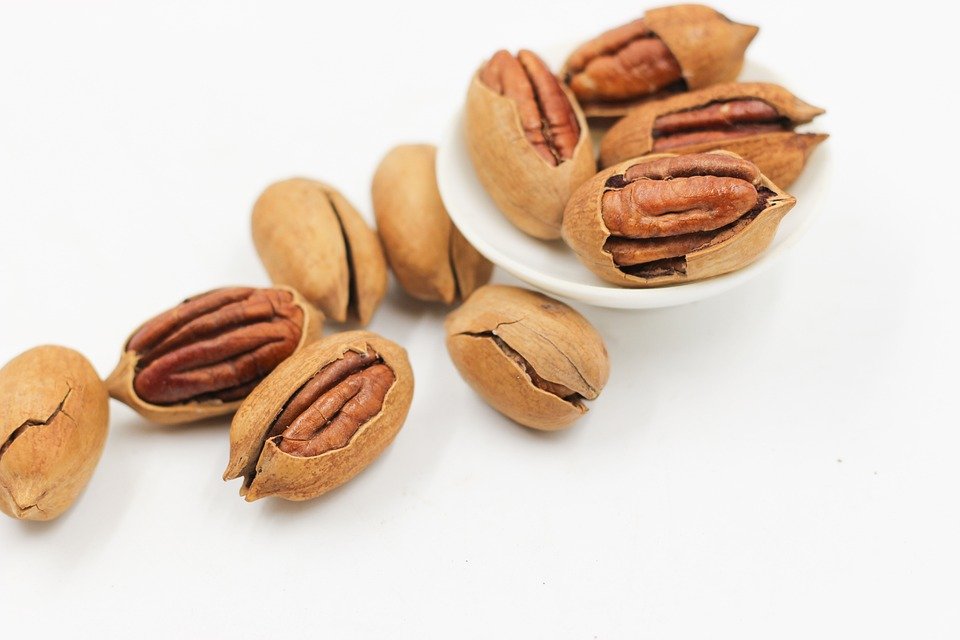Protein for Vegans and Vegetarians: How to Meet Your Protein Needs
Protein is an essential nutrient that plays a crucial role in building and repairing tissues, supporting immune function, and maintaining overall health. While it is commonly associated with animal-based foods, vegans and vegetarians can also meet their protein needs through a well-balanced plant-based diet. In this article, we will explore various plant-based protein sources and provide useful tips on how vegans and vegetarians can ensure they are meeting their protein requirements.
Plant-based Protein Sources
Vegans and vegetarians have a wide range of plant-based protein sources available to them. Here are some nutrient-rich options:
1. Legumes: Lentils, chickpeas, black beans, and other legumes are excellent sources of protein. They are also high in fiber, iron, and other essential minerals.
2. Tofu and Tempeh: Made from soybeans, tofu and tempeh are versatile and protein-packed options. They can be used in stir-fries, sandwiches, and other dishes.
3. Quinoa: This pseudo-grain is not only a complete protein source but is also rich in fiber, magnesium, and iron. It can be used as a base for various salads, stir-fries, and side dishes.
4. Nuts and Seeds: Almonds, walnuts, chia seeds, hemp seeds, and flaxseeds are all excellent sources of protein. They also provide healthy fats and other essential nutrients.
5. Seitan: Made from wheat gluten, seitan is a popular meat substitute that is high in protein. It can be used in stir-fries, stews, and sandwiches.
6. Plant-based Protein Powders: Pea protein, rice protein, and hemp protein powders are popular options for vegans and vegetarians looking to supplement their protein intake.
Meeting Protein Needs
While it is possible to meet protein needs on a vegan or vegetarian diet, it is important to ensure that meals are well-balanced and varied. Here are some tips to help you meet your protein requirements:
1. Include a Protein Source in Every Meal: Make sure to incorporate a protein-rich food in each meal, whether it’s legumes, tofu, tempeh, or any other plant-based protein source.
2. Experiment with New Recipes: Explore different cuisines and experiment with new recipes to keep your meals exciting and diverse. This will help you discover new plant-based protein sources and prevent boredom in your diet.
3. Combine Protein Sources: Some plant-based protein sources may lack certain essential amino acids. By combining different protein sources, such as legumes and grains, you can ensure you are getting all the essential amino acids your body needs.
4. Snack Smartly: Choose protein-rich snacks to keep you fueled throughout the day. Opt for nuts, seeds, edamame, or hummus with whole-grain crackers or vegetables.
5. Keep an Eye on Portion Sizes: While protein is important, it’s essential to maintain a balanced diet. Be mindful of portion sizes and ensure you’re also getting a variety of fruits, vegetables, whole grains, and healthy fats.
FAQs
1. How much protein do vegans and vegetarians need?
The recommended daily intake of protein for adults is around 0.8 grams per kilogram of body weight. However, individual protein needs may vary based on factors such as age, activity level, and overall health. It is advisable to consult a healthcare professional or a registered dietitian to determine your specific protein requirements.
2. Can you get enough protein on a plant-based diet?
Yes, it is entirely possible to meet your protein needs on a plant-based diet. By incorporating a variety of plant-based protein sources into your meals and ensuring a well-balanced diet, you can easily meet your protein requirements.
3. Are plant-based protein powders necessary?
Plant-based protein powders can be a convenient way to supplement protein intake, especially for those with higher protein requirements or individuals who struggle to meet their needs through food alone. However, they are not essential for everyone. It is always best to prioritize whole food sources of protein whenever possible.
4. Can you build muscle on a vegan or vegetarian diet?
Absolutely! With proper planning and attention to meeting protein needs, vegans and vegetarians can successfully build and maintain muscle mass. Strength training exercises and a well-balanced plant-based diet can provide all the necessary nutrients for muscle growth and repair.
In conclusion, meeting protein needs on a vegan or vegetarian diet is completely achievable. By incorporating a variety of plant-based protein sources, being mindful of portion sizes, and ensuring a well-balanced diet, vegans and vegetarians can easily meet their protein requirements. Prioritizing whole food sources and experimenting with new recipes will not only ensure adequate protein intake but also provide a diverse and delicious culinary experience.


